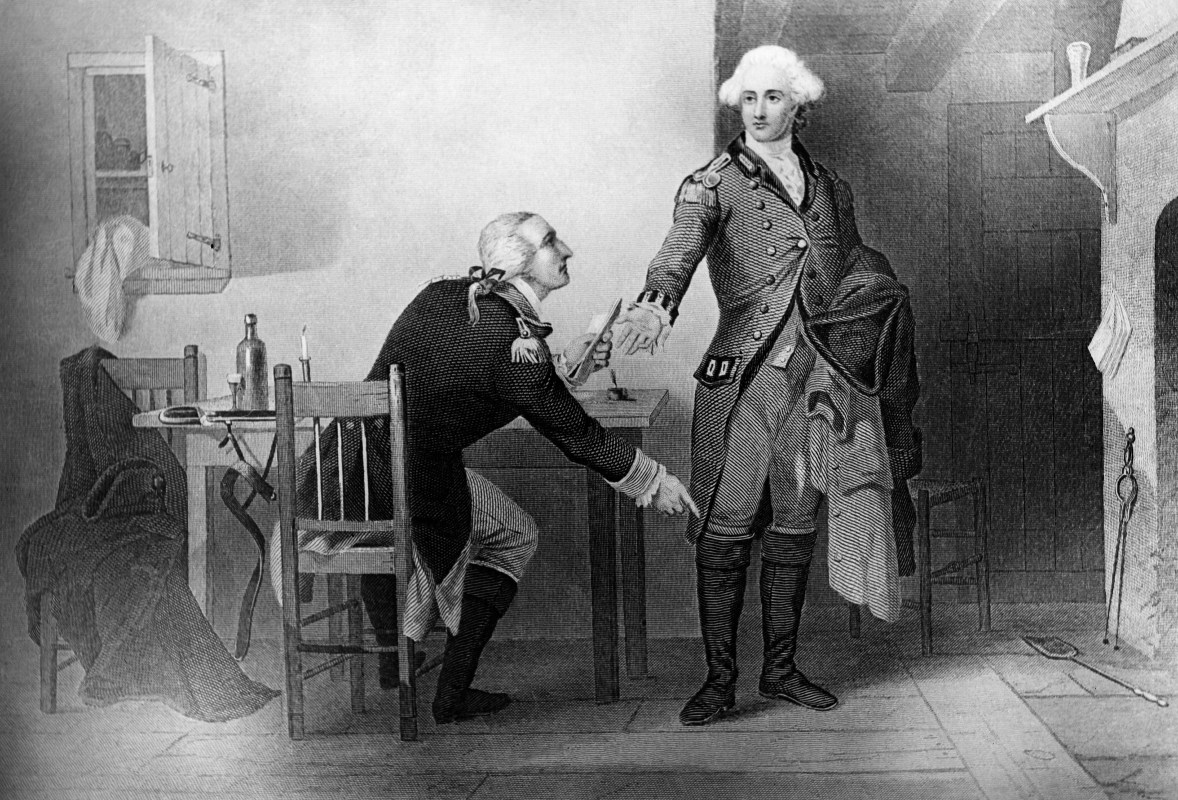CIA psychiatrist Wilhelm Marbes was a failure.
That’s not a criticism — the doctor wrote it himself, discussing a task he had been given by the organization in the 1970s that seemed like it should be relatively simple: What makes a traitor tick?
The idea was to give Marbes and his team access to a number of communist defectors the CIA had recruited and to get inside their minds.
“I think the original requesters had something in mind akin to the profile of a skyjacker,” Marbes wrote in a now-declassified but still partially redacted CIA study in 1986. “This paper evolved out of the search for that profile. I begin by acknowledging defeat.”
Marbes, whose name was redacted in the original but revealed in this version of the study, said they couldn’t find “one single profile that would describe them all.
“After a dozen years of searching we were convinced that this was a futile task. If anything, what we did discover were parallel mutually exclusive pathways toward eventual acts of defection,” he wrote.
But Marbes said the research wasn’t for naught – some interesting data points presented themselves about why some people turn against their homeland.
The closest Marbes’ team came to a universal truth of defection was this: “Nobody ever defected because he was happy.
“Defection, at least on the part of people who are willing and/or driven to commit treason, is an act of strong feelings,” he wrote. “If is the act of a person who feels compelled to do it out of dissatisfaction, disillusionment, depression and defeat.
“In our experience defection is a response to an acute overwhelming life crisis or to an accumulation of crises or disappointments; the individual finally feels forced to act.”
From there, however, getting to a simple answer about what makes a potential defector unhappy gets very complicated. Marbes said that ideology – a recruitment motivation previously discussed for this column – is much less a factor than one might believe.
“The reasons are much more likely to be personal, the stuff of soap operas, the ordinary unhappiness of everyday life,” he wrote. “It is more likely to be intimate than ideological – marital problems, mistress problems, wrong sexual preference problems, drinking problems, gambling problems, money problems, career problems. Ideology seldom, certainly seldom alone, causes a defection.”
Marbes suggested that getting a “Dear John” letter at the age 21 might be enough for a border guard to defect, but probably not being passed over for a promotion. But at age 51, the missed promotion might do the trick. Other defections are “deliberately dangerous as to risk life and limb.”
“[They] were hardly more than suicidal equivalents, the acts of individuals who had nothing more to live for and were desperately seeking a relief from the agony of despair as much as a wild hope for a second chance in a new life,” Marbes wrote. “Sometimes the act of defection seems to be a replaying of an earlier life crisis, especially in cases where there was in the life history a parental abandonment by separation, divorce or death.”
For those claiming ideological motivations, Marbes said many are simply using a “higher” principle as cover for private grievances. In the context of Cold War communism, he said the defectors the CIA dealt with “used the system to their individual advantage [and] only when the system failed their pursuits, or when the system turned upon them did they suddenly become excited about the problems of communism.”
Another section of the study deals with the building blocks of loyalty from early in life. Those born to a broken home, Marbes writes, may have a better capacity for “splitting and shifting loyalties… but not always.
“Obviously any defector is in opposition to his regime. But that doesn’t mean that every defector is necessarily a rebel. Some defectors in their oppositional behavior are playing out in their adult lives the unresolved conflict of the adolescent striking back at his parents,” he wrote. “Only now the regime has taken the place of the parent.”
Marbes said that when it comes to individual traits, it’s hard to apply any definitively to any large group of defectors, but some adjectives fit many of them: immaturity or impulsiveness (like a pilot who absconds with his plane when a much-loved squadron commander is replaced by a jerk), sociopathy (which, Marbes helpfully clarifies, “might be a chronic ‘son-of-a-bitch’” who won’t hesitate to “violate the rights of others to serve their own ends”), and narcissism (a “pathological self-absorption” among those often with a “grandiose sense of their own importance”).
With all his team found, Marbes said however that his decade-plus-long quest to provide a simple profile of an espionage defector was a bust.
“So in the end I can’t give you any one profile. Life is simply too variable and complex,” he wrote.
It was too hard to tell how individuals would react to “opportunities and vicissitudes” at different stages in their very different lives – some perhaps by taking an extreme jump to the other side, others by overcoming obstacles and remaining successful in their chosen field.
Hell, he wrote, “The Agency probably has had many potential defectors who retired with honors.”
This article appeared in an InsideHook newsletter. Sign up for free to get more on travel, wellness, style, drinking, and culture.

























